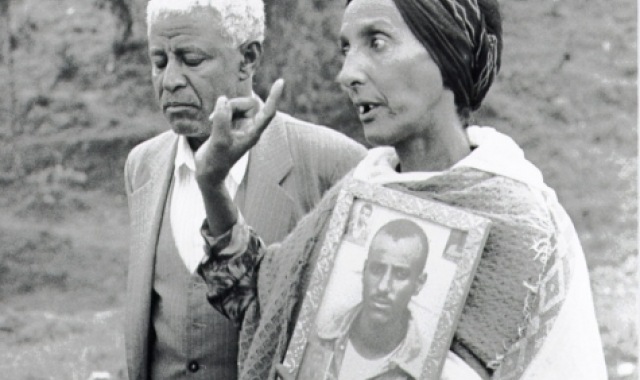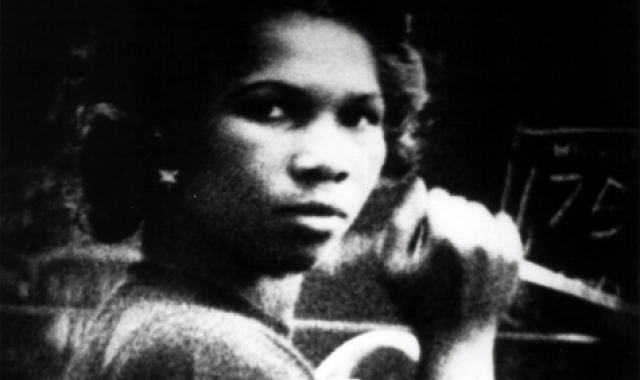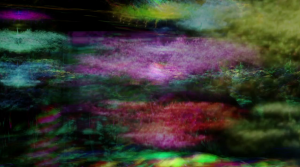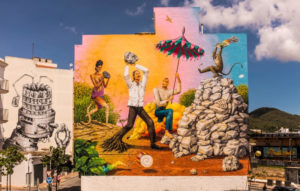There should be little doubt that a large part of London’s cosmopolitan culture comes from its Afro-Carribbean population. The definitive post-punk scene of the late 70s, populated by the likes of The Slits and Public Image Ltd, owe much to dub and reggae. Today, mainstream pop in England is informed by and suffused with grime, garage and dubstep. All things considered, it is astonishing just how little understanding there is of the African diasporic experience in Britain by what might be loosely termed the white majority. That’s why festivals like Film Africa are so important. A ten-day event featuring over 50 films from and about the continent, as well as a swathe of live performances and public discussions, the festival serves to generate a much-needed discourse on Africa and the Western world’s perception of it.
Two film nights of particular interest this year were the superbly curated short documentaries on the turbulent history of Ethiopia at Hackney Picturehouse, as well as the acclaimed experimental documentary film, Handsworth Songs (can be fully streamed here), at Brixton’s The Ritzy. Both film nights – each followed by Q&A sessions with some of London’s leading intellectuals and public figures –concern past historical events, which still resonate with and offer fresh perspective on current affairs and contemporary issues.
Looking beyond the Rastafari mythology of the Ethiopia’s last absolute monarch, Twilight Revelations: Episodes in the Life & Times of Emperor Haile Selassie (also available this way) explored the private life of the controversial emperor before his overthrow by military coup in 1974. Featuring interviews with immediate family and the administration closest to him, it offers their perspective on the private life of an emperor noted for leading the country out of Italian occupation and into the modern era. Eventually, Selassie was overthrown by the student revolutionaries his administration had been responsible for educating and that is where Ye Wonz Maibel: Deluge takes off.

Following the story of director Salem Merkuria, the film charts her experience as an exile living in the United States. Her brother goes missing and friend is executed in the aftermath of the brutal military dictatorship following the 1974 socialist revolution they were responsible for. Both films offer viewpoints particular to the experiences and intentions of the people involved but together they present a more complete picture of the Ethiopia’s political and social history, as well as the continued political and geographical misfortune it faces.
Based on the events of 1985 where rioting in Birmingham and London’s Tottenham district sparked a media led examination in to what went wrong, Handsworth Songs offers a unique perspective of the Black-British experience in the UK. The award-winning documentary has been dubbed ‘experimental’, for not following a narrative, while offering a fragmented collection of vox pops, archival images and a haunting soundtrack by the now-defunct Black Audio Film Collective. There are echoes of issues that still remain today and are especially topical following the August uprisings across Britain this year. These served as excellent launching points for discussion with poet Zena Edwards, as well as journalist and broadcaster Henry Bonsu. They fed a discourse for a ravenous audience unsatisfied with the highly problematic media coverage and draconian government response to the 2011 riots.

As someone from Australia, one can liken this sense of the marginalisation of racial minorities in London to the Aboriginal experience on the Antipodean continent. It seems, native or not, the colour of your skin still has an effect on the way you are treated and perceived, for better or worse, which is why festivals like Film Africa are so important.



















